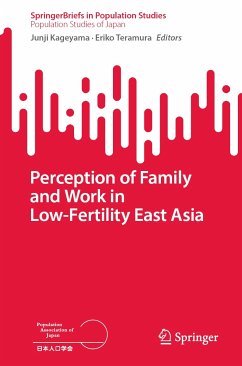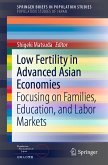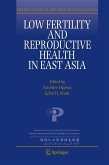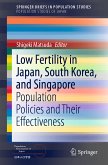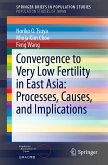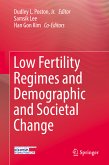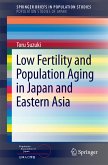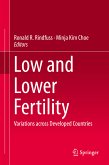To this end, first a comparative analysis with international cross-sectional data is performed and the East Asian characteristics of family and work perceptions are documented. Then, three democracies in the region are focused on-Japan, South Korea, and Taiwan-to investigate the relationships between cultural orientations, work-life balance, and fertility outcomes with panel data. In addition, East Asian results are compared with those in India, which has also been experiencing a rapid transition from a traditional society to an industrial one. The results support the idea that the friction between persistent gender-based role divisions and socioeconomic transformation in East Asia makes it difficult for women to balance family and work, prompting fertility decline to the lowest-low level in the region.
Dieser Download kann aus rechtlichen Gründen nur mit Rechnungsadresse in A, B, BG, CY, CZ, D, DK, EW, E, FIN, F, GR, HR, H, IRL, I, LT, L, LR, M, NL, PL, P, R, S, SLO, SK ausgeliefert werden.

